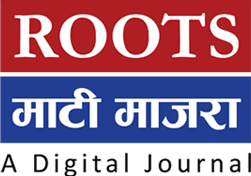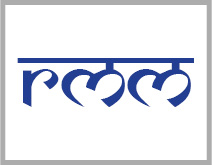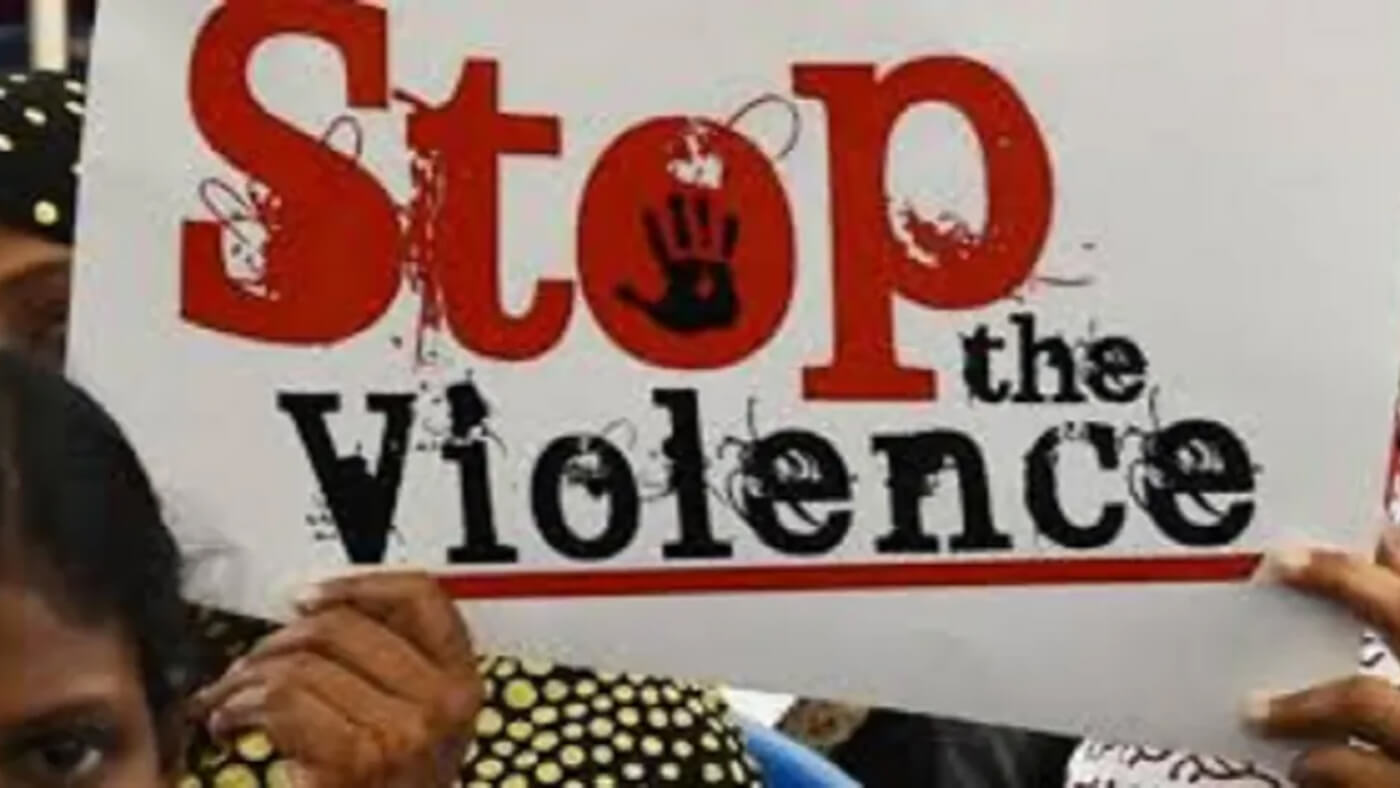Citizens for Justice and Peace report
This report chronicles a disturbing series of anti-Dalit incidents that have occurred since July, shedding light on the pervasive nature of caste-based violence in contemporary India. These incidents, spanning from the southern state of Karnataka to the northern territories of Uttar Pradesh and Uttarakhand, as well as eastern states like Bihar, reveal a grim pattern of violence and systemic oppression against individuals from the Dalit community. Victims range from children to the elderly, showing that no age group is spared from the cruelty rooted in caste prejudice. The atrocities include not only physical violence but also psychological torture, sexual assault, and social exclusion, underscoring the pervasive and multi-faceted nature of caste-based discrimination in contemporary India.
From Karnataka, in the southern part of the country, three incidents of murder and assault have highlighted the continuing dangers faced by Dalits even in everyday situations. The cases of a young Dalit woman poisoned to death following an inter-caste marriage and an elderly Dalit man beaten for seeking shelter during a rainstorm starkly illustrate the lethal consequences of caste hatred.
In the north, Uttar Pradesh has once again proven to be a hotbed of caste-based violence. The incidents there range from the rape of a minor Dalit girl, whose pleas for justice were ignored by the police, to the horrific act of forcing a Dalit boy to drink urine as a form of punishment. These crimes highlight a culture of impunity where caste-based violence is often dismissed or inadequately addressed by the authorities.
In Uttarakhand, Dalit families have been subjected to a social boycott, effectively cutting them off from essential resources, simply for failing to participate in a religious event due to illness. This act of collective punishment, sanctioned by the local panchayat, demonstrates the extent to which caste hierarchies are enforced in rural India, where non-compliance with oppressive traditions can lead to severe and life-threatening consequences.
In Bihar, the rape of a Dalit girl and the subsequent threats made by police to her family reveal a disturbing collusion between perpetrators and law enforcement. Similarly, in Madhya Pradesh, the torture of a Dalit man by police officers, who allegedly used casteist slurs and inflicted severe physical harm, points to the institutionalization of caste discrimination within the very systems meant to protect citizens.
These incidents, scattered across the diverse geographic and cultural landscape of India, reveal a grim reality: caste-based violence and discrimination continue to be a pervasive issue in the country. It is essential to be highlighted here that out of all the states from where these incidents have been report, only the state of Karnataka is being governed by the Congress party, rest of the states are ruled by Bharatiya Janata Party and their allies. Despite legal protections and decades of social reform movements, Dalits remain vulnerable to extreme forms of violence, and the perpetrators often act with impunity. This series of attacks, occurring within a period of two months, serves as a stark reminder that the fight against caste oppression is far from over and requires urgent, comprehensive action at both societal and governmental levels.
CJP report decribed many incidents of caste violence post July 2024. Highlights of some were as follows.
Social Boycotts and Discrimination:
July 17, 2024: On the night of July 17, a 24-year-old Dalit youth named Ajay Parmar was violently assaulted by a group of upper-caste men in Sayebapur village, Himatnagar taluka, Sabarkantha district, North Gujarat. The incident allegedly stemmed from Parmar’s Instagram profile picture, which featured him wearing a traditional headgear and sunglasses. According to the FIR filed on July 18, Parmar, who works as an auto rickshaw driver, was confronted by two men from the Darbar community, who identify themselves as Kshatriyas, near the Navanagar bus stand. The men reportedly objected to Parmar’s display picture and demanded that he remove it. As per the report of Deccan Herald, the confrontation quickly escalated into physical violence as the men beat him. Parmar managed to escape and left his auto rickshaw behind. He was later informed by a friend that a group of 20-25 men from the Darbar community were waiting to attack him. Fearing for his life, Parmar called his father and brother for help. The group subsequently confronted Parmar and his family, slapping and abusing them. Despite calling the police, help arrived only after an hour. Parmar, the only Dalit resident in a village predominantly inhabited by the Darbar community, detailed the harassment and violence he endured. The FIR names four accused: Kirpalsinh Rathod, Manusinh Rathod, his son Hitendrasinh Rathod, and Shukalsinh Rathod. Police Sub-Inspector Sanjay Goswami from the Himatnagar rural police station spoke to the Deccan Herald and confirmed that the accused have fled the village and that an investigation is underway.
July 23, 2024: In a shocking incident of caste-based violence, a 15-year-old Dalit boy from Shravasti district, Uttar Pradesh, was forcibly made to drink urine by three upper-caste youths. As per the report of the Times of India, the incident occurred on July 23, 2024, when the victim, who works as a technician setting up sound mixers and audio systems for events, was on his way home after work. The trio, identified as Kishan Tiwari, Dilip Mishra, and Satyam Tiwari, accosted the boy while in an inebriated state. According to the police, the incident was triggered by the boy’s family charging the accused extra for an audio system they had installed for a function. Enraged by this, Dilip Mishra urinated into a liquor bottle while Satyam and Kishan pinned the boy down, forcing the bottle into his mouth. The trio also thrashed the minor and filmed the entire incident, which later circulated on social media. The victim narrated the ordeal to his elder brother after reaching home, following which his family lodged a police complaint the next day. The police conducted a preliminary investigation and arrested the three accused based on eyewitness accounts and the viral video. SHO Mahimanath Upadhyay confirmed the arrests and stated that the incident stemmed from a prior dispute involving a DJ service run by the victim’s family.
July 24, 2024: Jawaharlal Nehru University (JNU) has been engulfed in controversy following the discovery of objectionable graffiti at Kaveri Hostel. The slogans, which included “Chamar Quit India,” “Dalit Quit India,” “Brahmin-Bania Zindabad,” and “Hindu-RSS Zindabad,” have incited widespread protests and condemnation among the student body. Dhananjay, President of the JNU Students Union (JNUSU), strongly condemned the incident, emphasizing the university’s commitment to equality and denouncing the divisive nature of the slogans. “We strongly oppose such divisive actions,” he asserted. In response to the outcry, university officials have ordered the immediate removal of the graffiti and are taking steps to prevent future incidents. The administration is considering additional security measures, including the installation of CCTV cameras in the hostel to enhance surveillance and security.
No equality and justice for Dalits?
The pervasive nature of these atrocities—ranging from brutal assaults and forced social boycotts to systemic abuse by law enforcement—reveals a grim reality where the promise of constitutional safeguards remains largely unfulfilled for marginalized communities. The horrific incidents reported across various states, including Karnataka, Uttar Pradesh, Bihar, and Madhya Pradesh, reflect a deeply rooted social malaise that continues to undermine the dignity and rights of Dalits.
Addressing this crisis requires more than mere acknowledgment; it demands a proactive and sustained commitment to reform. Immediate measures should include rigorous enforcement of existing laws, transparent investigations, and accountability for perpetrators, especially those in positions of power. Furthermore, there must be a societal shift towards recognizing and confronting caste-based discrimination in all its forms. Only through a united front, combining legal, social, and educational reforms, can India hope to dismantle the entrenched caste hierarchies that perpetuate such egregious violations of human rights and ensure that every citizen, regardless of caste, can live with dignity, equality and safety.




